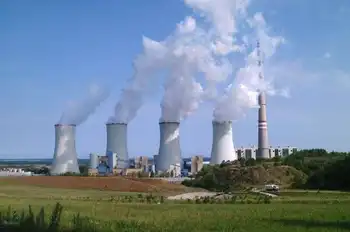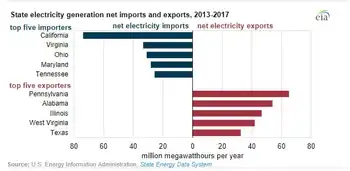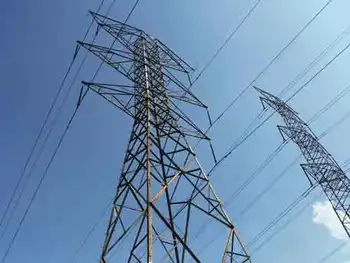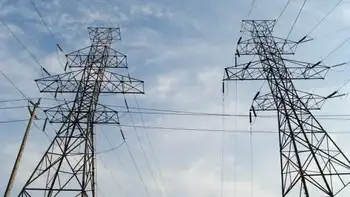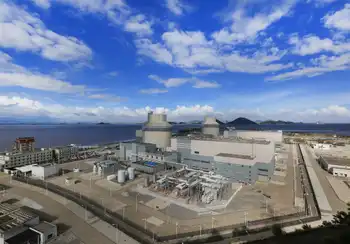Scientists call for more research on coal
By Knight Ridder Tribune
Substation Relay Protection Training
Our customized live online or in‑person group training can be delivered to your staff at your location.

- Live Online
- 12 hours Instructor-led
- Group Training Available
More than half of the nation's electricity comes from coal, a fuel that will help satisfy the country's energy appetite for decades. But the extent to which it will be relied upon in the future is less certain, and will depend on the shaping of regulations to control carbon emissions, the council said in a report released recently in Washington. Coal use by 2020 could increase as much as 25 percent above 2004 levels or drop as much as 15 percent, according to the council, part of the National Academies, a private, nonprofit group of experts in science and technology who advise the federal government.
Coal's longer-term future is even cloudier.
"Given the degree of uncertainty about future coal use (research and development), policies need to accommodate a range of possible scenarios," said Corale Brierley, a consultant in Highlands Ranch, Colo., and chair of the committee that wrote the report. Congress in 2004 asked the council to examine requirements and recommend funding for coal-related research and development. Of the $144 million in recommended new spending, about half would be aimed at limiting the impact of coal and mining on air, water and land, including $10 million a year for five years to evaluate geologic formations for underground storage of carbon dioxide, a heat-trapping gas emitted by coal-fired power plants.
The rest of the funding would go toward improving safety for the nation's 300,000 miners and mining productivity, as well as to update a decades-old assessment of the location and quality of the nation's coal reserves within the next decade. There's consensus that enough coal exists to meet U.S. demand through 2030, and probably for the next century, but it's impossible to confirm there's enough for 250 years, the council said. Coal producers like Arch Coal Inc. and the National Mining Association said they generally agreed with the report's funding recommendations, and particularly the call for increased funding for research into sequestering carbon dioxide.
"We don't believe that the U.S. is spending an amount of money on research that is commensurate with the potential this technology has," NMA spokesman Luke Popovich said. Others believe that the coal and utility industries should be required to make coal cleaner, and that new spending should be directed toward efficiency and renewable energy. "I don't think the coal industry should be getting any further subsidies," said George Peridas of the National Resources Defense Council.






